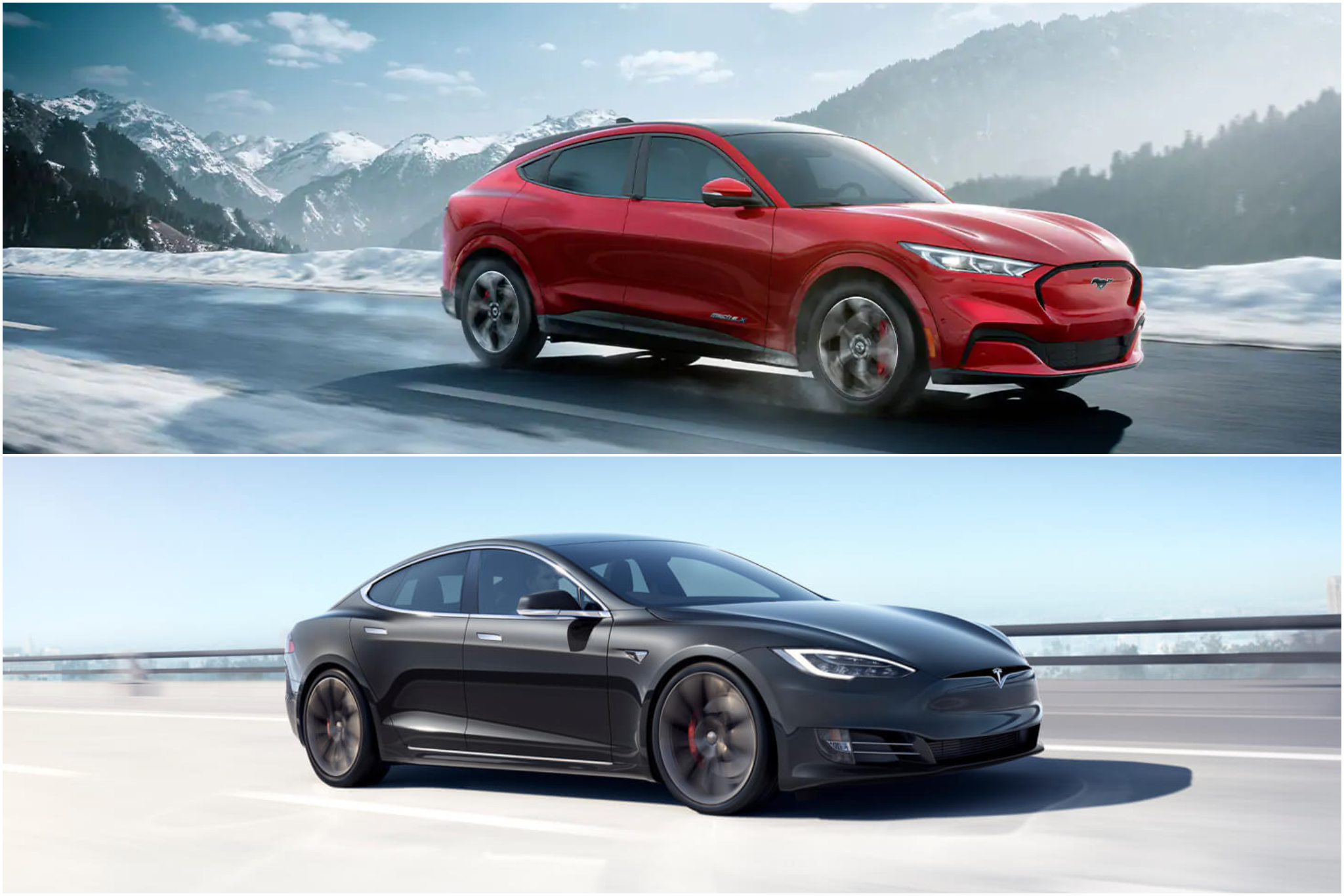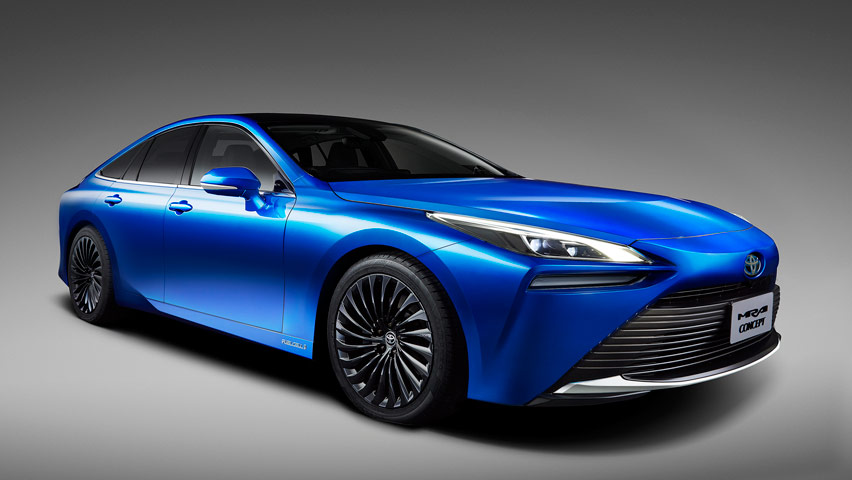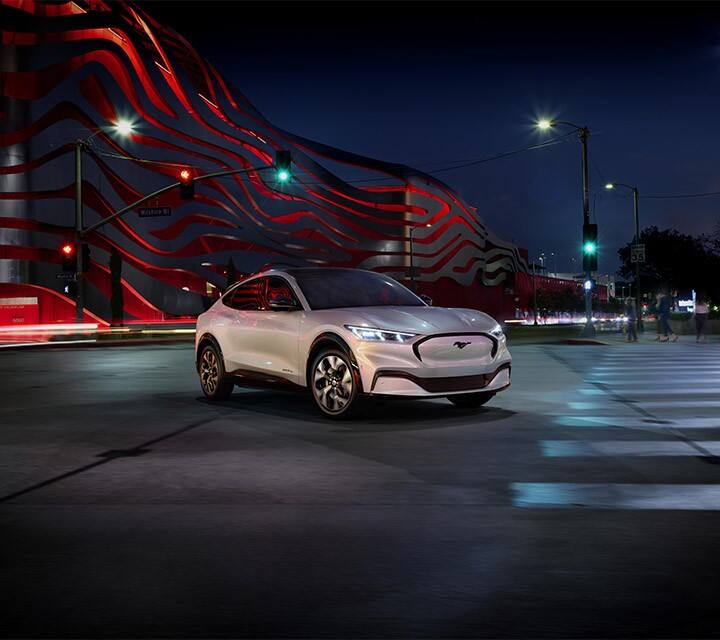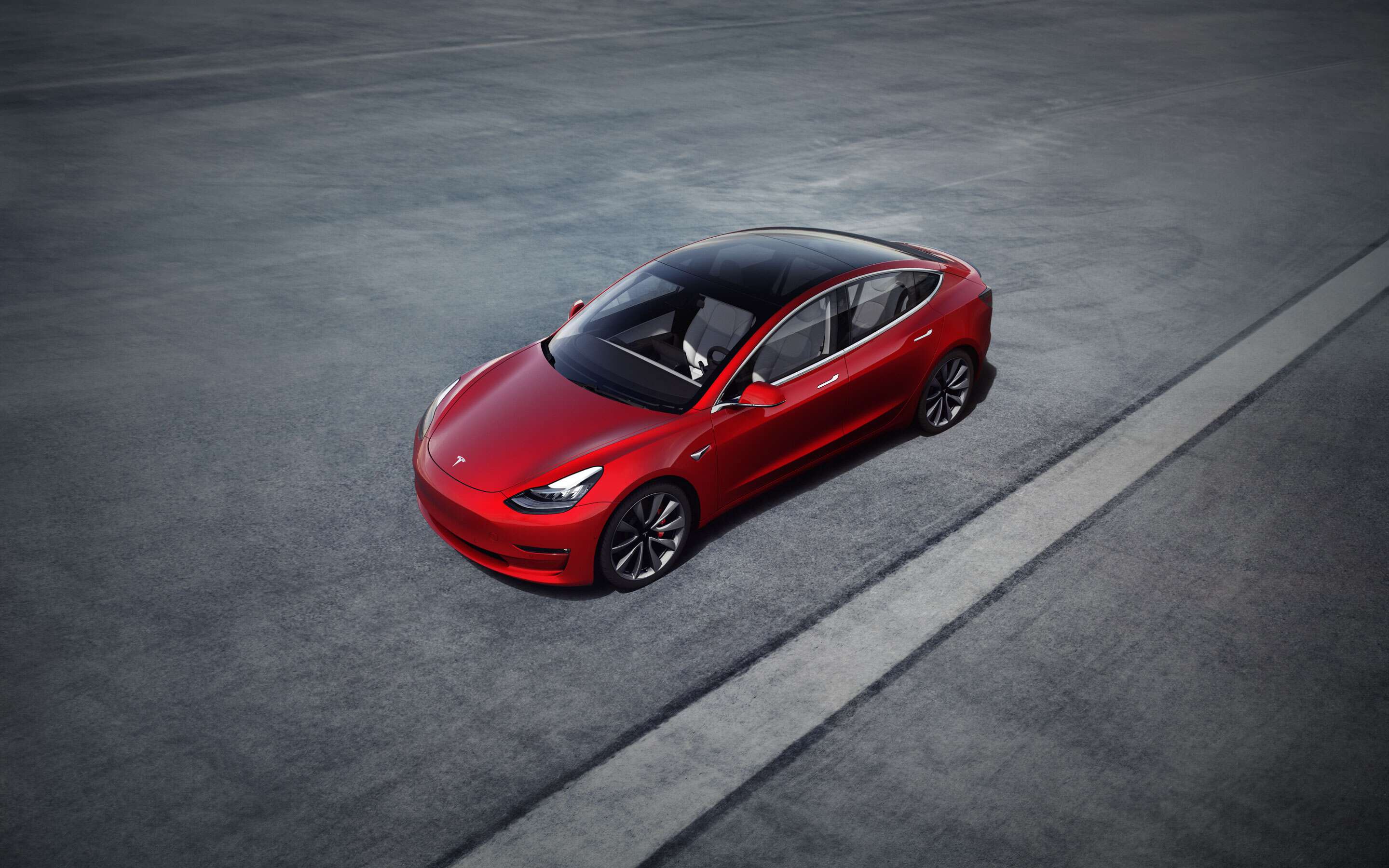4 car giants who opened patented technologies to competitors
Some of the world’s largest carmakers generously shared their innovations to improve the motoring industry as a whole

Carmakers invest billions of dollars annually in research and development. Often, they come up with ground breaking inventions that carry the potential to shape the future of the automobile industry. According to a report, in 2018, Volkswagen spent USD 15 billion in research and development while Daimler spent about USD 9.5 billion. To ensure protection of these inventions from infringement and theft, companies file for patents that grant legal owners the right to exclude competitors or other entities to benefit from their inventions. However, there have been instances when big players have deemed their intellectual properties too important to be kept in the confines of their own company. So, here are some carmakers who invited rivals to use their patented know-how.
Volvo
 Even 50 years after the seat-belt invention, Volvo continues to be a leader in safety systems
Even 50 years after the seat-belt invention, Volvo continues to be a leader in safety systems“Few people have saved as many lives as Nils Bohlin”, a proud statement made by the Swedish manufacturer in 2009, when the world celebrated 50th anniversary of the widely adopted three-point seatbelt. Bohlin was the Volvo engineer behind this life saving innovation, a standard equipment in automobiles for decades now. After claiming the patent to this design, Volvo could have charged huge license fees to rivals for using their design, but to encourage mass adoption and promote safety, Volvo’s patent was immediately made available to all carmakers. The three-point seat belt is now mandatory across the globe and it is a life saver for millions every year. Thank you for keeping us safe, Volvo!
Toyota
 Here's how the next generation Toyota Mirai FCEV will look like
Here's how the next generation Toyota Mirai FCEV will look likeToyota is a pioneer in technological innovations, especially in hybridisation and electrification of vehicles. The Japanese carmaker holds as many as 5,680 patents to the hydrogen fuel cell technology. FCEVs are equipped with a complex system where hydrogen powered fuel cells generate electricity to power electric motors that eventually propel the wheels. It’s a 100 per cent emission free solution with no release of harmful gases whatsoever (it only emits drinkable water). Toyota wants to support those who are developing FCEVs and they’re making remarkable efforts to popularize this complex technology by allowing royalty-free usage of its patents to promote widespread use of FCEVs.
Ford
 The Ford Mustang Mach-E is the first ever Mustang-based SUV
The Ford Mustang Mach-E is the first ever Mustang-based SUV “By sharing ideas, companies can solve bigger challenges and help improve the industry”, said Kevin Laden, director, Ford Electrification Programs after the American brand offered its electrified vehicle technology patents to competitors to help trigger research and development of zero and low emission vehicles across the world. Some of Ford’s EV patents available for manufacturers include passive cell balancing in batteries, that extend the run time and life of batteries. Another breakthrough in EVs is temperature dependent regenerative brake system that maximises the amount of energy recaptured in a hybrid through brake recuperation.
Tesla
 The Americans cannot do without burgers and horsepower heavy cars, even if its an EV
The Americans cannot do without burgers and horsepower heavy cars, even if its an EVWhen it comes to performance oriented electric cars, Teslas are hard to ignore. Elon Musk and his company reassured critics that electric cars can pack bucket loads of thrill as well. In a letter written by the Tesla boss back in June 2014, he quotes, “If we clear a path to the creation of compelling electric vehicles, but then lay intellectual property landmines behind us to inhibit others, we are acting in a manner contrary to that goal.” Lowering emissions is a global objective and Tesla aims to collectively attain this goal by opening up its electric vehicle technology patents for a wider use.
There are of course dozens of other important patents worth mentioning, especially the advent of the first gasoline powered automobile by Karl Benz and the world’s first diesel engine by Rudolf Diesel. However, a wider adoption of these technologies was advocated years later (not for free) and until then they were very much scarce.


